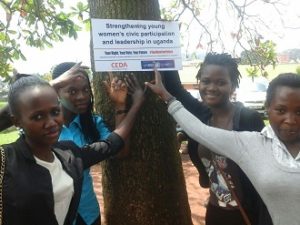LESSON
Lesson Learned: Advancing Pedestrian Rights in Georgia
A CSO’s search for sustainability is never-ending. Every new project should include the “seeds” - innovative strategies - of future sustainability. Additionally, since securing funds from a specific international donor can take months or years, CSOs should continue fundraising and cultivating donors even in relatively “flush” times.
Project Name
Project Partner
Iare Pekhit
Project Description
The project was generated by UNDEF itself, which approached the grantee and asked it to design the initiative as a response to the asymmetrical power balance between cars and humans in many post-Soviet cities. The project objective was “To create a systematic long-term approach and corresponding tools to effectively impact pedestrian strategy development and state accountability to pedestrian policy development and execution.” The project focus was timely and relevant. The project approach was innovative and agile in adapting to shifts in the context. The project achieved its objectives and was cost-efficient and well managed. Although it faces sustainability challenges, the project approach and grantee could potentially adapt and tailor their work to both international donors and other interested stakeholders. UNDEF’s flexible approach; initiative in generating project ideas; and willingness to generate a project in partnership with a small organization in response to a particular need are valuable assets in the context of this project.
Evaluation Date
January 2018
Theme
Country
